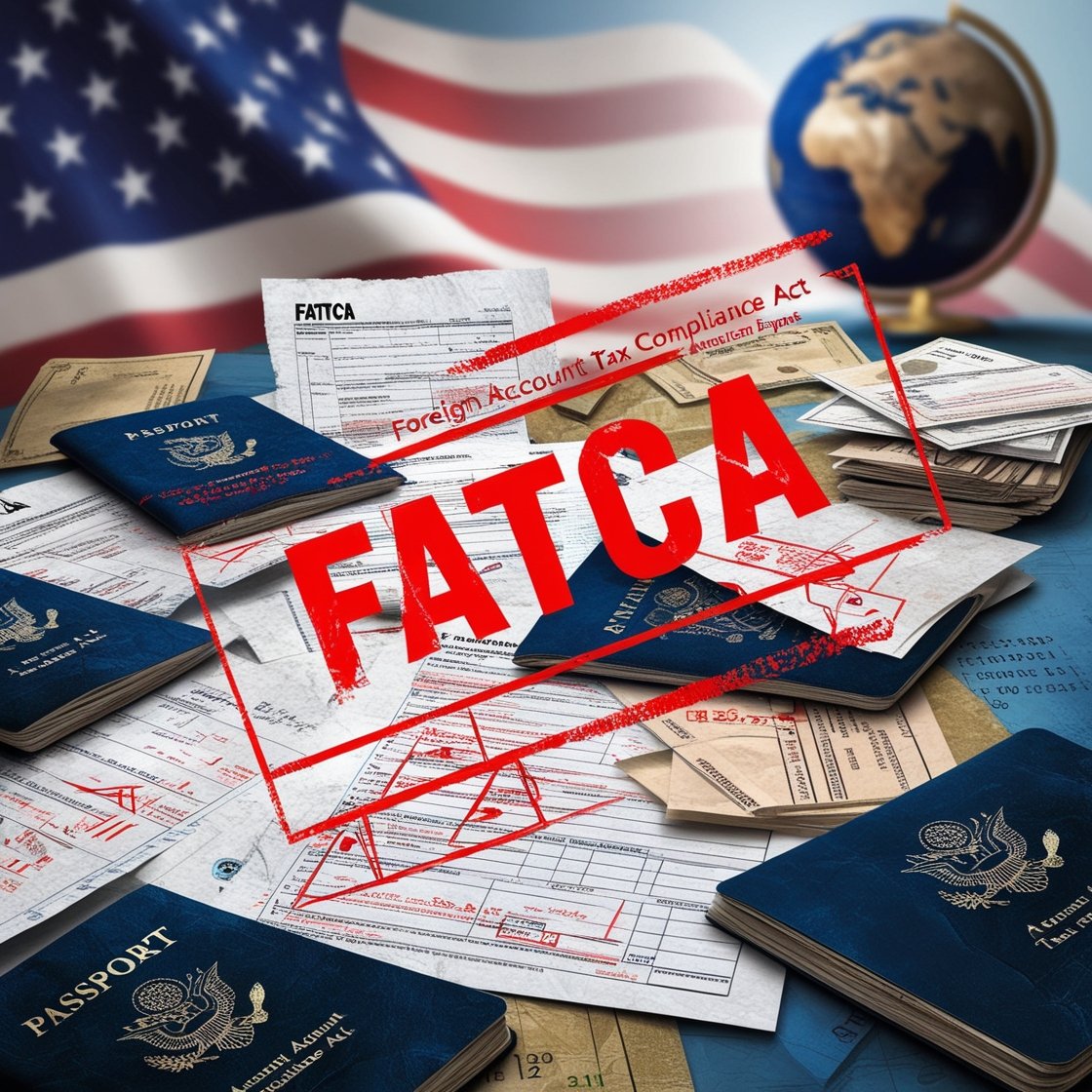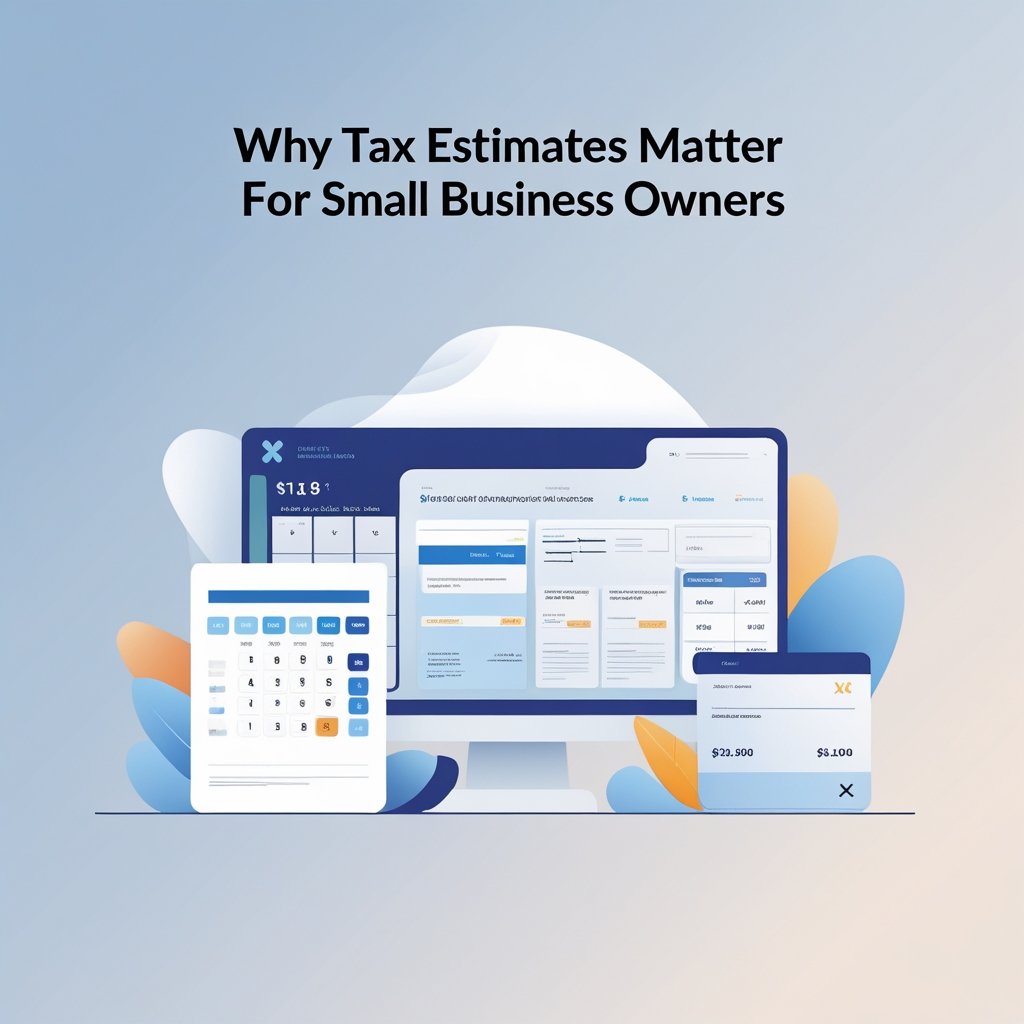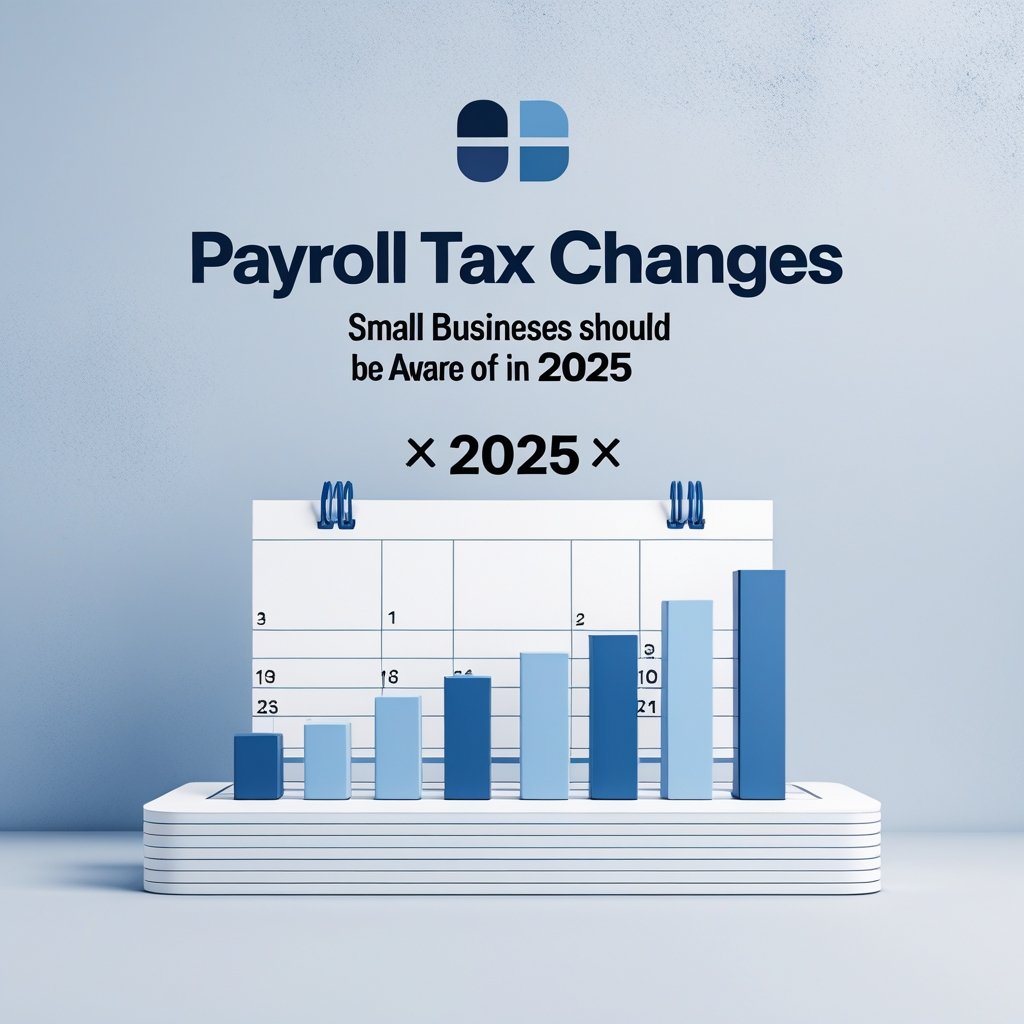For millions of American expatriates, navigating taxes is a daunting challenge—one that’s made significantly worse by the Foreign Account Tax Compliance Act (FATCA). Passed in 2010, FATCA was designed to prevent tax evasion by requiring foreign financial institutions (FFIs) to report U.S. citizens’ accounts to the IRS. While its goal was to curb offshore tax havens, in practice, it has created an avalanche of problems for ordinary Americans living abroad. Here’s why expats despise FATCA and how it has turned tax compliance into an overwhelming burden.
- Invasive Financial Reporting
FATCA requires foreign banks to disclose information about U.S. citizen account holders or face penalties. This means that American expats must disclose their foreign financial accounts via the Foreign Bank Account Report (FBAR) and IRS Form 8938, leading to excessive paperwork. Even accounts used for everyday transactions—such as local checking accounts—must be reported if they exceed a certain threshold.
- Banking Restrictions and Account Closures
Many foreign banks simply refuse to deal with American clients due to the compliance costs and risks associated with FATCA. As a result, countless expats have had their accounts closed, been denied financial services, or struggled to open new accounts. This makes basic financial management—such as receiving paychecks, securing loans, or investing—exceedingly difficult.
- Double Taxation Woes
While the U.S. offers the Foreign Earned Income Exclusion (FEIE) and Foreign Tax Credit (FTC) to prevent double taxation, FATCA’s reach often complicates matters. Many expats end up owing U.S. taxes on top of their foreign taxes, especially those who invest in foreign mutual funds or retirement accounts, which are often classified as Passive Foreign Investment Companies (PFICs) and taxed punitively by the IRS.
- Severe Penalties for Minor Mistakes
FATCA imposes harsh penalties for non-compliance. Failing to report foreign accounts properly can result in fines of $10,000 or more per violation, even if the omission was accidental. The fear of making an innocent mistake keeps many expats on edge, often forcing them to spend thousands on professional tax assistance.
- Complicated Tax Compliance Costs
Because of FATCA, U.S. expatriates often need specialized tax professionals to ensure compliance, and these services are expensive. Unlike most other nationalities, Americans abroad must file U.S. taxes every year in addition to their local taxes, adding a financial and administrative burden that many find frustrating and unfair.
- Privacy Concerns
FATCA’s requirements force foreign banks to hand over personal financial details of American citizens to the IRS. This has raised serious concerns about data security and the sovereignty of foreign institutions. Many see this as an overreach of U.S. law that compromises financial privacy.
- Renouncing Citizenship as an Escape Route
Due to FATCA’s burdensome requirements, an increasing number of Americans have chosen to renounce their U.S. citizenship. The number of expatriations has skyrocketed since FATCA’s enactment, as some find it the only viable way to free themselves from onerous tax reporting obligations.
Is There Hope for Change?
Many advocacy groups, such as American Citizens Abroad (ACA), have been pushing for reforms like a residency-based taxation system to replace FATCA’s universal reach. However, legislative change has been slow, and FATCA remains a source of frustration for expats worldwide.
Contact us: +1 (972)-996-6644
Email us : info@theriwa.com Visit our website : https://theriwa.com/






